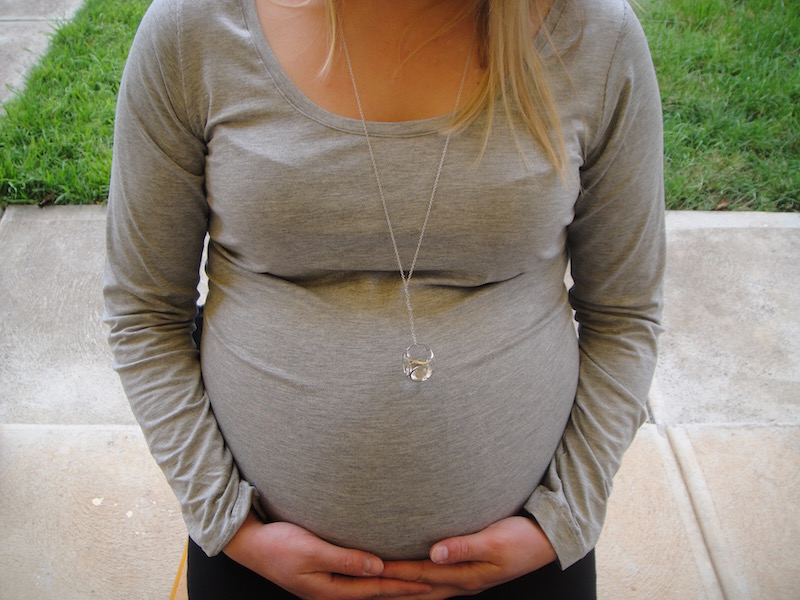Flu Season – what you need to know about cold and flu medication while pregnant
Pregnancy can be exhausting enough, but then you come down with a cold or flu and you can be completely miserable not to mention anxious about how to treat a cold now you’re with child. Here is a guide to preventing influenza and what is safe to take during pregnancy.
How do I know if it’s the flu?
Influenza, or the flu, is a viral infection that spreads very easily and can cause life threatening conditions such as pneumonia. Pregnant women and their unborn baby are at increased risk of severe complications of the flu. If you are pregnant and think you have the flu you should see your doctor as soon as possible.
The flu comes on quickly and can last for several weeks. Symptoms may include a fever (38oC or more), dry cough, body aches, tiredness, chills, reduced appetite, sore throat and runny nose.
Should I immunise against the flu during pregnancy?
Immunisation against influenza has been shown to be safe during all stages of pregnancy. Children born to immunised mothers will also carry some protection for the first few months of life, when they are unable to be immunised.
The Australian immunisation guidelines recommend vaccinating pregnant women against influenza. This immunisation is provided free of charge.
Managing a cold
Colds usually last 5-7 days and include symptoms like sneezing, sore throat, runny nose and a mild fever.
Non drug treatment for a cold includes rest, drinking plenty of water, having soothing drinks, avoid cigarette smoke and saline sprays.
Saline can be used as a nasal spray or inhaled through steam and may help to clear mucus and relieve sinus pressure. Saline is safe in pregnancy.
Which cold and flu medications are safe during pregnancy?
Paracetamol is a safe choice during pregnancy and can be used for relief of pain and fever. It needs to be taken as directed and you should use for the shortest period of time necessary.
Cough suppressants that can be used for dry coughs in pregnancy include pholcodine or dextromethorphan.
For a chesty cough pregnant women can safely use an expectorant such as guaifenesin or a mucolytic such as bromhexine.
Decongestant nasal sprays have limited information available on use in pregnancy. Short term use of the sprays is considered safe. Decongestant nasal sprays containing oxymetazoline or xylometazoline may be used for 3 to 5 days. They should not be used any longer than 5 days.
For a sore throat products with anaesthetic and antiseptic agents such as throat lozenges may be used in pregnancy. Salt water gargles or lemon and honey drinks may also help to ease a sore throat.
Iodine based throat gargles should be AVOIDED as these may affect the thyroid function of you and your baby.
For more information call The Pregnancy, Birth and Baby Helpline on 1800 882 436
References:
The Royal Women’s Hospital Pregnancy and Breastfeeding guide
About the author:
Tanya Burgess is a registered pharmacist and mother of 3 girls living in Western Australia. When she’s not wrangling her tribe or talking healthcare you’ll find her online at Baby Hints and Tips. This non-judgemental community is a hub for advice on all things pregnancy, baby, kids and parenting. Enjoy the support and fun at www.babyhintsandtips.com

